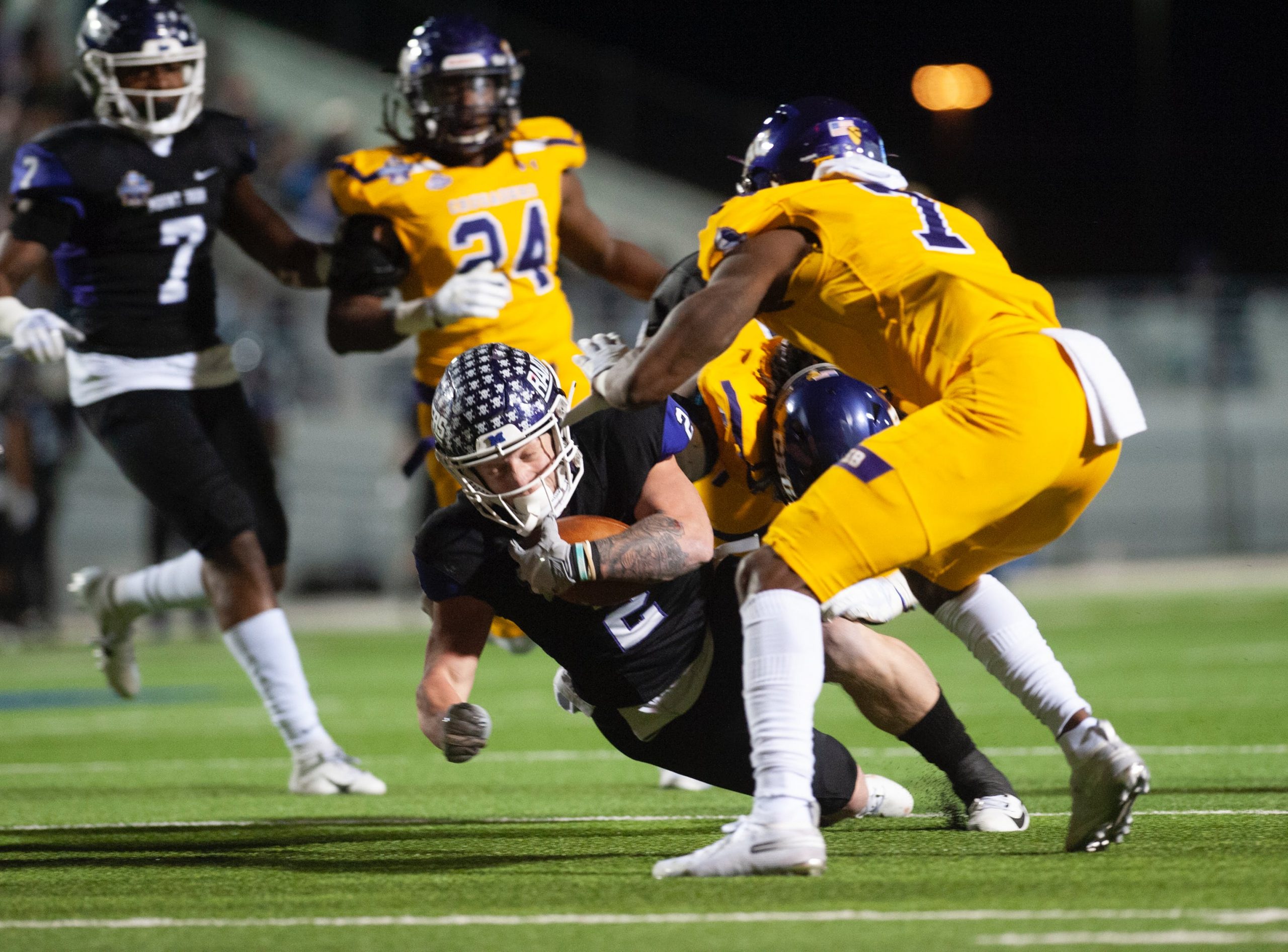Staying Safe as an Athlete
Posted in Accident & Injury, Health & Wellness on August 9, 2021

With fall training underway for high school athletes, it’s important to think about safety and know the risks involved in sports. The Ohio High School Athletic Association recently came out with updates and precautions pertaining to fall sports this year. While these updates are important, it is also necessary to talk about potential injuries associated with playing. When it comes to injuries like concussions and sudden cardiac arrest, it’s essential to know what signs and symptoms to look for.
What is sudden cardiac arrest?
Sudden Cardiac Arrest (SCA) is best described as when the heart abruptly stops beating and oftentimes results in death. While this doesn’t happen to many high school students, it does account for 75% of athlete-related deaths. At their age, the main cause of sudden cardiac arrest would result from inherited genetics causing cardiac issues. In approximately 30-50% of cases, symptoms are present, but are often mistaken as other issues.
Signs and Symptoms of Sudden Cardiac Arrest
- Heart palpitations
- Chest pain while exercising
- Dizziness or repeated loss of consciousness
- History of cardiac issues
While the above signs may mean that an athlete is at risk of sudden cardiac arrest, there are different ways to take preventative measures. Having a cardiologist to consult with will allow an athlete to have a personalized plan to avoid SCA from happening.
What causes a concussion?
A concussion is a common injury for athletes. Concussions occur when there is a sudden hit or movement to the head, resulting in a “minor” injury. Approximately 1.2 million athletic concussions occur each year, and many of them aren’t taken care of properly.
Signs and Symptoms of a Concussion
- Headache
- Begins forgetting instructions, confusion
- Major behavior/personality shift
- Nausea
- Dizziness or loss of consciousness
Knowing the symptoms of a concussion, athletes can take the proper precautions when necessary. After a concussion, it’s important to consult a doctor for treatment. While rest is a top priority, understanding that an athlete is not able to jump immediately back into a sport can help reduce the risk of further injury. Read more about how concussions can be prevented dependent on what sport the athlete plays.